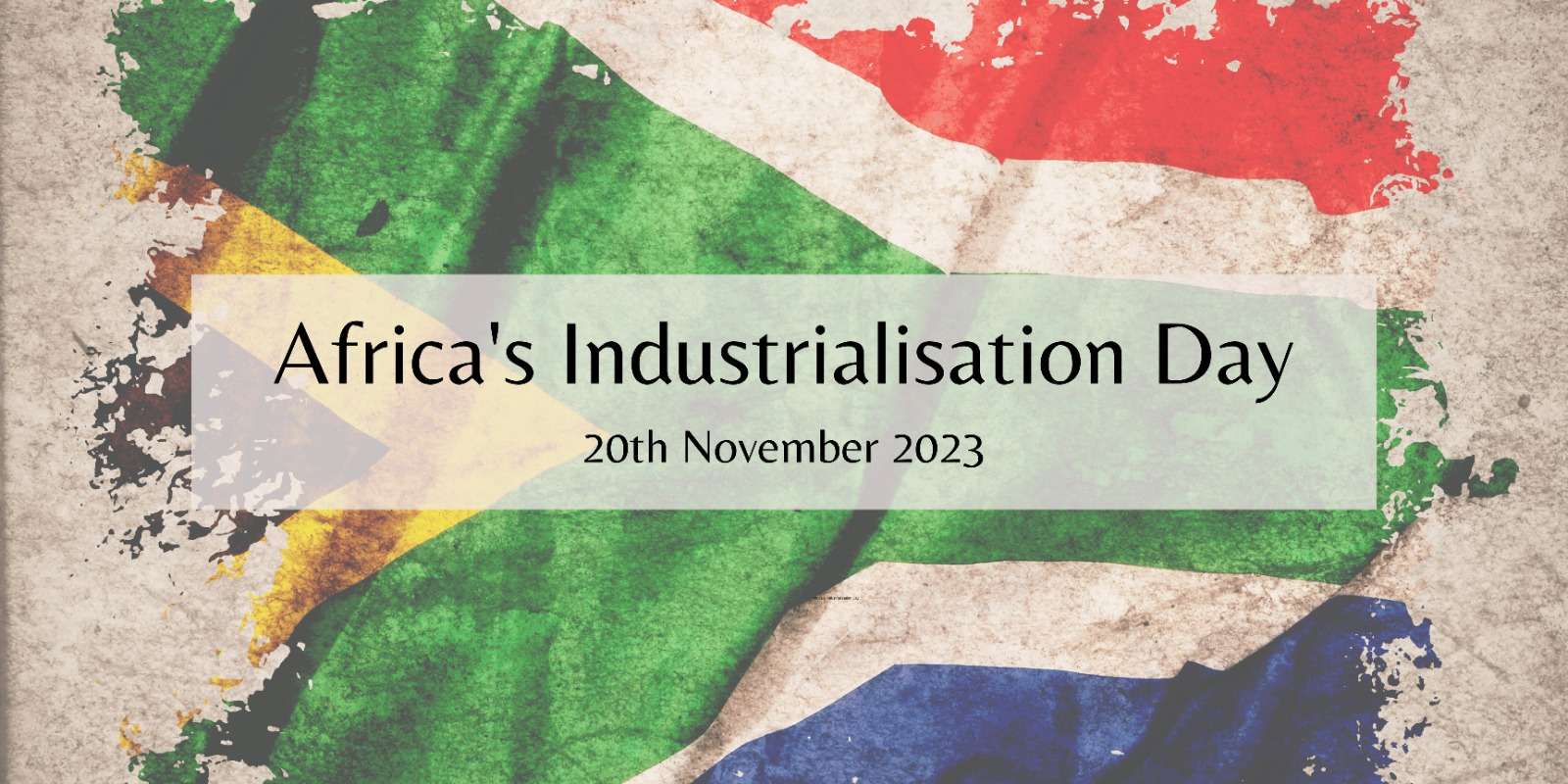Africa’s Industrialisation Day

Africa’s Industrialisation Day, observed on November 20th each year, commemorates the continent’s efforts towards fostering industrial development, economic growth, and sustainable transformation. The day highlights the significance of industrialization in shaping Africa’s future, addressing its socio-economic challenges, and promoting regional integration. As UPSC aspirants, understanding the key aspects of Africa’s industrialization is crucial to comprehending the continent’s potential for growth and development.
History of the Day
- Africa’s Industrialisation Day was established by the United Nations Industrial Development Organization (UNIDO) in 1989.
- It was a response to the growing need to prioritize industrial development as a means to drive economic growth and reduce poverty across the African continent.
- The day serves as a reminder of the importance of industrialization in achieving sustainable development goals and fostering economic self-reliance.
Significance of the Day
- Emphasizes the critical role of industrialization in fostering economic diversification and reducing dependency on primary commodities.
- Highlights the potential of industrialization to create employment opportunities, boost human capital development, and enhance technological advancements.
- Encourages the promotion of sustainable practices and environmental stewardship within the context of industrial growth and development.
Theme
- Each year, Africa’s Industrialisation Day focuses on a specific theme related to enhancing industrialization efforts and addressing pertinent challenges within the African context.
- Recent themes have centered on topics such as “Inclusive and Sustainable Industrial Development” and “Accelerating Industrialization for Africa’s Transformation.”
Economic Imperatives for Industrialization
- Promoting manufacturing and value addition to raw materials to increase exports and reduce dependency on imports.
- Fostering a conducive business environment through policy reforms, trade facilitation, and investment promotion.
- Encouraging the development of infrastructure, such as transportation networks and energy facilities, to support industrial growth and connectivity.
Job Creation and Human Capital Development
- Highlighting the importance of skill development and education in preparing the workforce for the demands of a modern industrial economy.
- Advocating for policies that prioritize job creation and address unemployment challenges, particularly among the youth.
Innovation and Technological Advancement
- Encouraging the adoption and development of advanced technologies to enhance productivity, efficiency, and competitiveness within various industries.
- Promoting research and development initiatives that foster innovation and technological advancements tailored to Africa’s specific needs and challenges.
Sustainable Development and Environmental Stewardship
- Advocating for sustainable industrial practices that prioritize resource efficiency, waste management, and environmental conservation.
- Encouraging the adoption of clean and renewable energy sources to mitigate the environmental impact of industrial activities.
Public-Private Partnerships and Policy Reforms
- Emphasizing the importance of collaboration between governments, private sector entities, and international organizations to support industrialization initiatives.
- Advocating for policy reforms that promote a conducive business environment, reduce bureaucratic hurdles, and encourage investment in key sectors.
Challenges and the Way Forward
- Addressing infrastructural deficiencies and improving access to basic amenities, such as electricity, water, and transportation, to support industrial growth.
- Tackling issues related to bureaucracy, corruption, and regulatory complexities that hinder the ease of doing business and investment in Africa.
- Encouraging regional integration and cooperation to leverage collective resources and foster a conducive environment for cross-border trade and industrial development.
Conclusion
Africa’s Industrialisation Day serves as a significant platform to underscore the importance of industrialization in unlocking Africa’s potential for economic growth and sustainable development. By addressing key challenges and embracing innovative strategies, Africa can pave the way for a transformative industrial landscape that prioritizes job creation, human capital development, technological advancement, and environmental sustainability. Aspiring civil servants must recognize the pivotal role of industrialization in the continent’s socio-economic progress and advocate for comprehensive policies and initiatives that foster inclusive and sustainable industrial development across Africa.
Tags:
Best teachers in every subject.
Let’s get started
We can teach you anything
